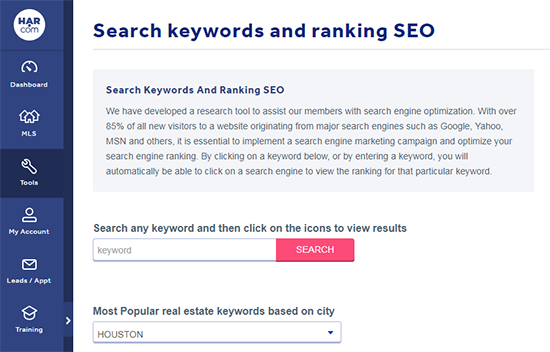SEO HAR

FAQs:
What Do I Need to Do for Basic SEO Setup?
- Utilize Google Search Console along with Bing Webmaster Tools.
- Implement Google Analytics.
- Utilize an SEO plugin if you’re using WordPress.
- Submit your website’s sitemap.
- Generate a Robots.txt file.
- Review Google Search Console for any manual actions.
- Ensure your website gets indexed.
What Is Keyword SEO?
Take the following steps for keyword SEO:
- Check out what your competitors do.
- Do a keyword gap analysis.
- Determine your primary keywords.
- Identify long-tail keyword variations.
- Find question-based keywords.
- Look at the intent of the top-ranking pages.
- Create a keyword roadmap.
- Prioritize keywords based on search volume and competition.
What Technical SEO Measures Should We Take?
For technical SEO considerations:
- Utilize the “inspect URL” function in Google Search Console
- Ensure your website functions smoothly on smartphones and tablets.
- Check your website’s loading speed.
- Switch to HTTPS if you haven’t.
- Address crawl errors.
- Handle duplicate site versions.
- Fix broken links.
- Opt for SEO-friendly URL structures.
- Repair orphaned pages.
- Manage canonical tags.
- Implement structured data.
What On-Page and Content Elements Should We Need to Fix?
To refine your on-page and content elements, you should:
- Fix issues with title tags and meta descriptions.
- Address multiple H1 tags.
- Improve content quality.
- Conduct a content audit and remove or update poor content.
- Optimize image files.
- Use topic clusters to organize content.
- Address keyword cannibalization.
- Refresh old content.
- Chunk Your Content to Maximize Readability.
- Cover Your Page’s Topic In-Depth.
- Use Schema Markup.
- Focus on Content Formats That Are Working Right Now.
- Use Multimedia.
How Do I Improve My Off Page SEO?
To strengthen your link profile, you can:
- Examine your competitors’ link profiles.
- Do a link intersect analysis.
- Target broken backlinks of your competitors.
- Utilize digital PR strategies.
- Try the engaging content to build links.
- Convert mentions of your brand that are unlinked into links.
- Optimize your Google Business Profile.
What Does Search Intent Mean?
Search intent is why someone searches on Google or any other search engine. It’s the specific goal they have in mind, like looking for information, wanting to make a purchase, or finding a certain website.
How Can I Align My Content with Search Intent?
First, determine users’ goals when they type in specific search queries. Once you understand whether they’re looking to buy something, get information, or visit a specific site, create content that meets these needs.
How Can I Enhance My Website’s User Experience?
To elevate your website’s user experience (UX), consider the following aspects:
- Aesthetics: Is your website visually appealing?
- Ease of Use: Can users easily locate what they need?
- Pop-up Impact: Are disruptive pop-ups affecting the user’s experience?
- Advertisement Interference: Do ads divert focus from your main content?
- Mobile Compatibility: Is your site easily usable on mobile devices?
The aim is to satisfy or surpass what visitors anticipate when they arrive at your website.
SEO Tools
Keyword Research Tools
- Semrush Keyword Magic Tool
- Semrush Keyword Gap Tool
- Google Ads
- Semrush Topic Research
- People Also Ask
- Answer The Public
Technical SEO Tools
- GSC and GA
- PageSpeed Insights
- Google’s Mobile-Friendly Test
- Semrush Site Audit
- Structured Data Markup Helper
- Markie Schema Markup Generator
On-Page and Content Tools
- Semrush Content Audit
- Semrush Topic Research
- SEO Writing Assistant
- On Page SEO Checker
Off-Page SEO Tools
- Semrush Backlink Audit
- Semrush Backlink Analytics
- SEMrush Backlink Gap
- Semrush Link Building Tool
- HARO
- Prowly
- Google Business Profile
